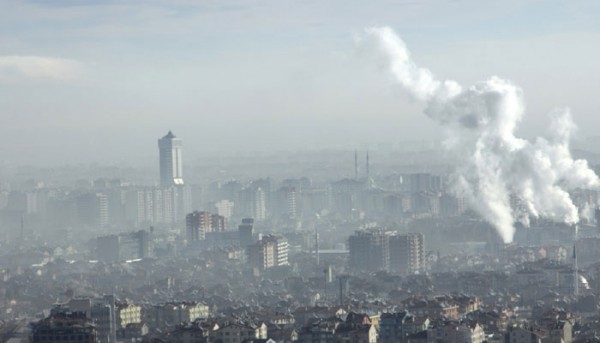NEW DELHI: Air pollution can affect brain development of more than 12 million infants in South Asia, including India, a UNICEF report has said.
The report comes at a time when Delhi and north Indian states are grappling with severe air pollution crisis.
United Nations International Children’s Education Fund India’s chief of Communication Alexandra Westerbeek said that the crisis of air pollution affects millions of Indian children.
Around 12.2 million children under one year of age are prone to “affected brain development” due to air pollution in South-Asia, the report said.
The paper ‘Danger in the Air: How air pollution can affect brain development in young children’ noted that particulate air pollution can damage brain tissues and undermine cognitive development.
It shows that air pollution, like inadequate nutrition, stimulation and exposure to violence during critical first 1,000 days of life, can impact children’s early childhood development by affecting their growing brains.
Satellite imagery reveals that South Asia has the largest proportion of babies, 12.2 million among the global figure of 17 million babies, living in the worst affected areas where outdoor air pollution exceeds six times the international levels, the report said.
“Air pollution affects millions of India’s children, but there are all practical solutions that can make a big difference,” Westerbeek said.
Ultrafine pollutants enter the blood stream and travel to the brain and cause neuro-inflammation. Particles like untrafine magnetite can enter the body and cause nureodegenerative diseases, it said.
Paper quotes studies as showing that polycyclic aromatic hydrocarbons produced by burning of fossil fuels can damage brain areas related to children’s learning and development.
“A young child’s brain is especially vulnerable because it can be damaged by a smaller dosage of toxic chemicals, than that of adults. Also, children are highly vulnerable because they breathe more rapidly and their physical defenses and immunities are not fully developed,” the report said.
As per a study by the World Health Organization, 10 of the 20 most polluted cities in the world are in India, including the national capital.
In Delhi, the air pollution situation worsens in the winters with stringent measures like closure of schools announced during emergency levels of particulate matters in the air.
“Protecting children from air pollution is in the best interests of the Indian society – a benefit realized in reduced health costs,” Westerbeek said.
Raising awareness on the right of children to breathe clean air and hazardous impacts of air pollution on their health is an essential focus of the UNICEF’s work, she added.-PTI







